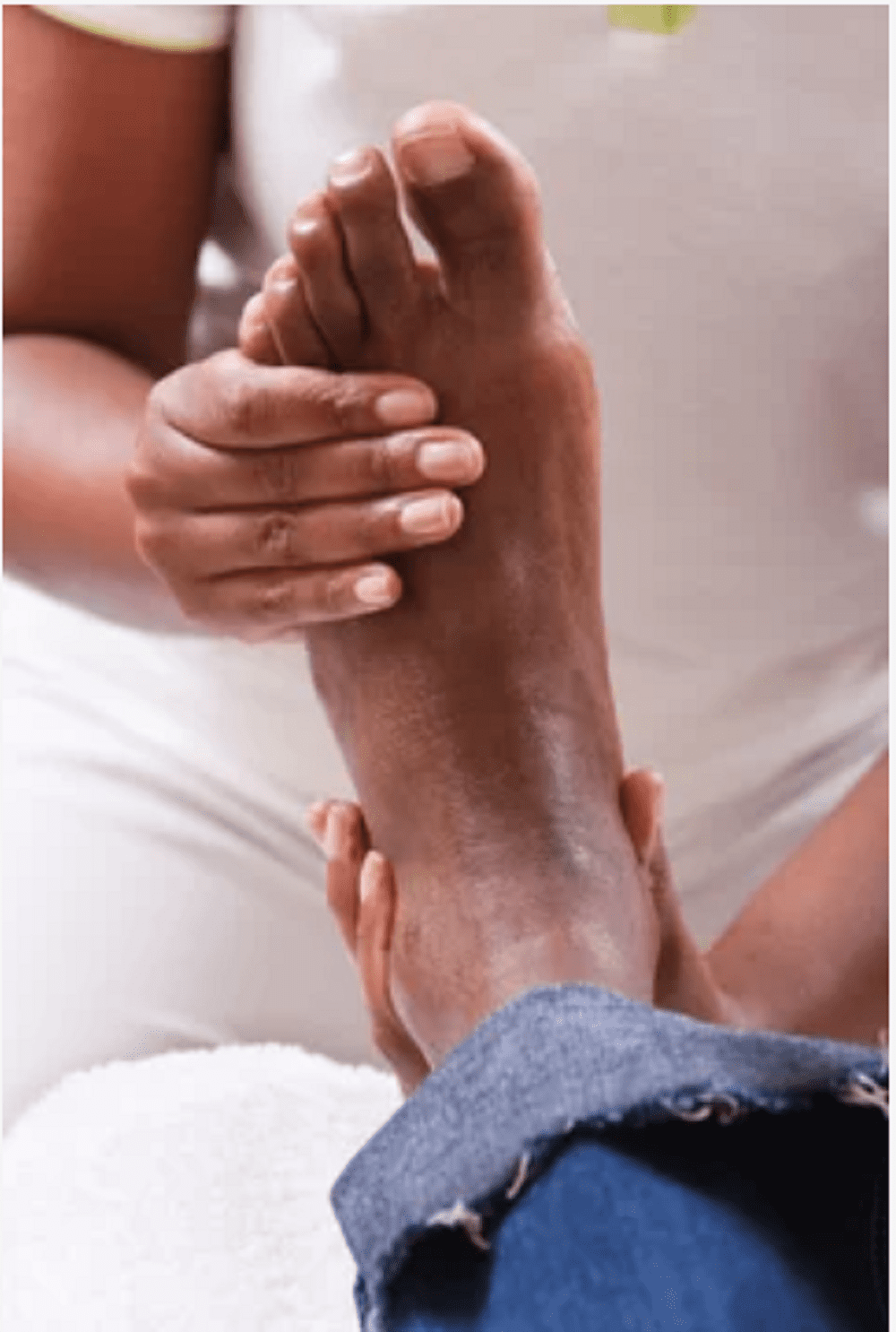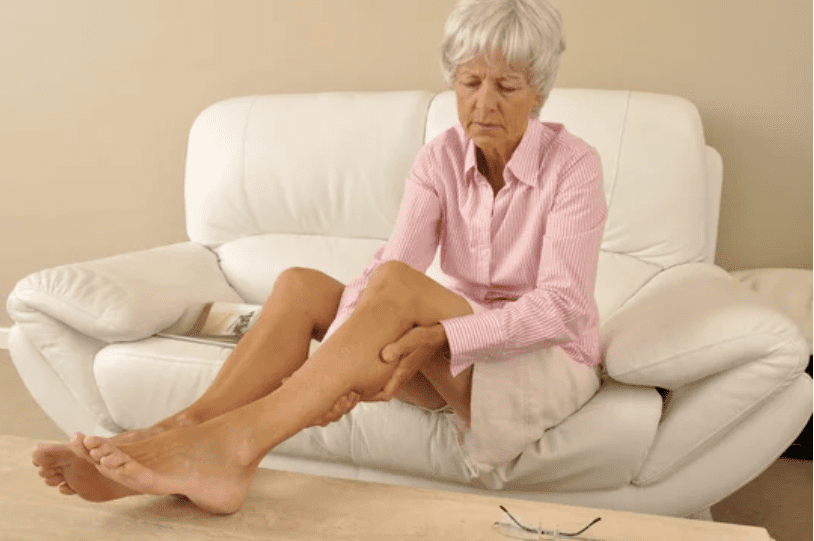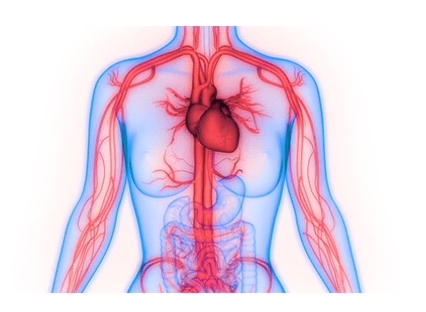
Leg Craps might not…just go away!

Leg cramps are inconvenient, to be sure, but most of us ignore them. After all, it's difficult to get worked up over a "charley horse" ailment for which your mother would advise you to eat more bananas. When leg discomfort stops you in your tracks on a daily basis, though, it's time to pay attention.
"Like back pain, leg discomfort affects millions of people," stated Dr. Odiete of PeachState Advanced Cardiac & Endovascular. "Most people believe that all leg pain is caused by musculoskeletal or nerve problems, however some types of leg pain can be the first indicator of heart disease."
Leg discomfort that occurs during exercise is referred to as claudication. "Most people report the pain as a cramp that occurs when walking and goes away with rest," Dr. Odiete stated.
"Unfortunately," Dr. Odiete observed, "people with this illness choose to reduce their physical activity to prevent the discomfort," rather than seeking medical help. This is a risky approach since persons with PAD, especially smokers and diabetics, are at risk of dying from a heart attack or stroke, and severe instances can result in limb loss.
Opening the Pathways
Obesity, high blood pressure, high cholesterol levels, smoking, and diabetes are all risk factors for PAD, just as they are for heart disease. And, like with heart disease, there are a number of things that may be done to limit the advancement of PAD, particularly if it is detected early.
Dr. Odiete stated, "We can successfully cure PAD." "We can assist ease your symptoms and lessen the chance of problems, but you need a diagnosis."
That means addressing persistent leg discomfort carefully, especially if you have PAD or heart disease risk factors. "If you have calf, buttock, or leg discomfort when walking and need to stop and relax, think about what you would do if you had chest trouble.' Even if you believed it was simply heartburn or reflux, you'd definitely get it looked out. This might be your version of heartburn."
So, what's next? Following a PAD diagnosis,
What matters most about having peripheral artery disease (PAD) is what it indicates about your risk of developing additional, life-threatening illnesses.
According to Dr. Odiete, being diagnosed with PAD indicates you have atherosclerosis, often known as hardening of the arteries. He said, "And you should absolutely seek therapy and evaluation for it," as it is a huge risk factor for heart disease and stroke.
However, he claims that PAD is not a disease that need intensive therapy in all cases. Treatment (or lack thereof) is frequently determined by how much your symptoms interfere with your life.
Dr. Odiete believes three therapy are most typically indicated for patients with mild to severe symptoms:
Smoking cessation: One of the numerous advantages of quitting smoking is improved blood flow in the limbs.
A simple workout plan might be as easy as going for a daily walk. Exercise is an excellent technique to generate new vessels and increase circulation — as long as the program is followed.
Medications: These can be beneficial for some people, but they come with significant adverse effects that should be discussed with your doctor.
Surgical methods can clear up clogged veins in those who have severe symptoms, such as continuous, excruciating leg pain or wounds that won't heal.
We are just a call or click away. To learn more, book an appointment online or over the phone with PeachState Advanced Cardiac & Endovascular. We have several locations in Georgia: Newnan, Atlanta, & Griffin.
You Might Also Enjoy...


Should I be worried about my numb feet?

Can leg cramps be a sign of something serious?

Meet Dr. Odiete - PACE Cardiovascular Specilaist

Keeping your Vascular System Healthy


